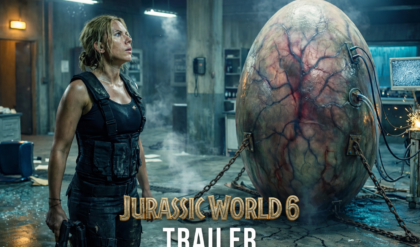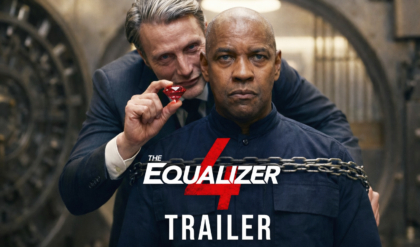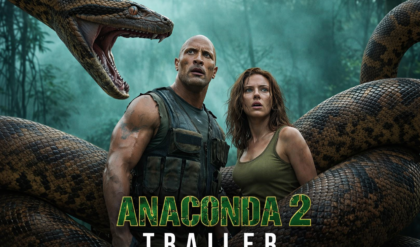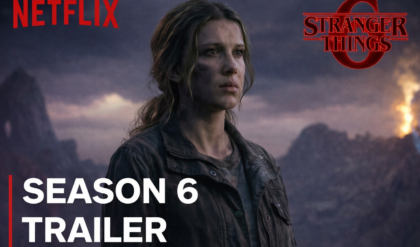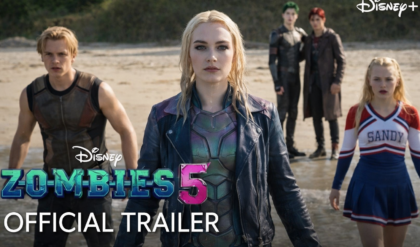Clair Obscur’s Triumph Over Ubisoft’s Assassin’s Creed Shadows Failure
In April 2025, the gaming world witnessed a seismic shift. Clair Obscur: Expedition 33, a debut JRPG from indie studio Sandfall Interactive, launched to universal acclaim, selling 3.3 million copies in its first month and achieving a peak Steam player count of 121,422. Meanwhile, Ubisoft’s Assassin’s Creed Shadows, a long-awaited AAA title set in feudal Japan, stumbled despite high expectations, with murky sales figures and a reported failure to meet financial targets. This stark contrast—between a small team’s passion-driven success and a corporate giant’s misstep—has exposed Ubisoft’s inability to evolve in an industry craving innovation. Clair Obscur didn’t just outperform Shadows; it highlighted the rot in Ubisoft’s approach, from bloated development to tone-deaf priorities. Yet, as Ubisoft doubles down on its flawed strategies, it’s clear they’ve learned nothing from this humbling defeat.
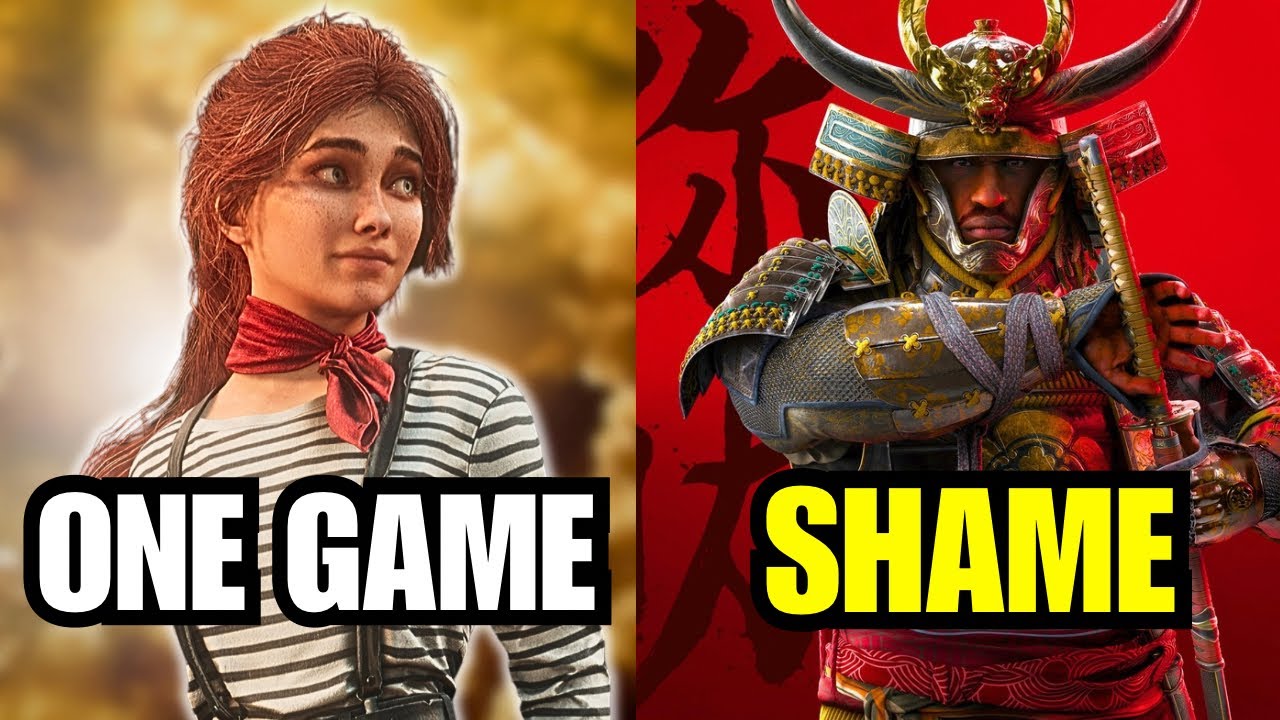
The Meteoric Rise of Clair Obscur: Expedition 33
Clair Obscur: Expedition 33, developed by a 33-person team led by ex-Ubisoft developer Guillaume Broche, is a love letter to JRPGs. Released on April 24, 2025, the game blends turn-based combat with real-time mechanics, a painterly Belle Époque-inspired aesthetic, and a haunting narrative about the Paintress, who erases lives via the Gommage. Its combat system, featuring Lune’s Stain-based magic and Maelle’s stance-switching, draws from Persona and Sekiro, offering depth and dynamism. The story, balancing existential dread with heartfelt character moments, has resonated deeply, earning a 9.7 Metacritic user score and a 92/100 critic score, tying it with Baldur’s Gate 3 as one of 2025’s best-rated games.
The game’s success is staggering for an indie title. Within 12 days, it sold two million copies, surpassing Assassin’s Creed Shadows’ Steam peak (64,825 players) with 71,000 players in 24 hours and 121,422 three days post-launch. By May 2025, sales hit 3.3 million, outpacing recent RPGs like Metaphor: ReFantazio on Steam despite a Game Pass launch. Sandfall’s lean approach—built on a modest budget with outsourcing from a Korean animation team—allowed creative freedom, unburdened by corporate bloat. Priced at $50 without microtransactions, Clair Obscur trusted players to value quality, a gamble that paid off spectacularly. Its collector’s edition sold out pre-launch, and a live-action film was announced, cementing its cultural impact.
Assassin’s Creed Shadows: A Costly Misstep
Assassin’s Creed Shadows, released on March 20, 2025, was meant to be Ubisoft’s savior after a string of underperformers like Star Wars Outlaws and XDefiant. Set in feudal Japan—a setting fans had demanded for years—the game featured dual protagonists, Yasuke and Naoe, and promised a return to stealth-focused gameplay. Ubisoft touted it as a success, claiming three million players in its first week and the second-highest day-one sales revenue in franchise history, trailing only Assassin’s Creed Valhalla. However, beneath the spin lies a troubling reality.
Ubisoft’s refusal to disclose precise sales figures raises red flags. The “three million players” metric includes Ubisoft+ subscribers (estimated at 1.5 million), Game Pass users, and purchases across platforms, suggesting actual sales may be closer to 2.5 million, far below the seven million needed to break even given the game’s rumored $500 million to $1 billion budget. Financial reports paint a grim picture: Ubisoft’s fiscal year 2024-2025 saw a €159 million loss ($178 million), a 20.5% drop in net bookings (€1.85 billion), and a 34.8% year-over-year decline in Q3 bookings. Despite Shadows’ strong U.S. sales (second to Monster Hunter Wilds), a 10% stock drop on launch day and an 18% tumble post-earnings reflect investor skepticism. Analysts argue Shadows underperformed compared to Valhalla’s 20 million players, which benefited from 2020’s pandemic-driven sales surge.
The game’s launch was further marred by controversies. Cultural missteps, like depicting defaced shrines, drew criticism from Japan’s National Diet, with Prime Minister Shigeru Ishiba calling it an “insult.” An “anti-woke” campaign targeting Yasuke’s inclusion as a Black samurai fueled negative buzz, though Ubisoft insists this had minimal impact. Technical issues, including traversal stutters and photo mode crashes, also hurt reception, requiring hotfixes. While Shadows outperformed Odyssey in player count and revenue, its higher $70 price tag means it likely sold fewer copies to achieve similar revenue, undermining Ubisoft’s claims of a “tremendous success.”
The Contrast: Innovation vs. Stagnation
Clair Obscur and Shadows represent opposing philosophies. Sandfall, born from Broche’s frustration at Ubisoft’s bureaucracy, crafted a focused experience in under five years with a team of 33. Broche noted that developing Clair Obscur at Ubisoft would have taken “25 years” due to approval delays and bloat, a sentiment echoed by players comparing Sandfall’s agility to Ubisoft’s sluggishness. Clair Obscur’s combat feels fresh, blending turn-based depth with real-time precision, while its story takes risks with themes of mortality and loss. Its lean budget ensured every dollar translated to quality, earning player trust.
In contrast, Shadows epitomizes Ubisoft’s formulaic approach. Despite a massive budget and thousands of developers across multiple studios, the game recycles open-world tropes from Valhalla and Odyssey, with a bloated map and repetitive side content. Its stealth mechanics, while improved, lack the innovation of Clair Obscur’s systems or Ghost of Tsushima’s elegance, a rival that outperformed Shadows in cultural resonance and sales. Ubisoft’s $2.1 million influencer campaign failed to counter negative sentiment, and its reliance on Ubisoft+ to inflate player counts highlights a disconnect from player priorities. The game’s $70 price, coupled with planned DLC like Claws of Awaji, feels exploitative compared to Clair Obscur’s complete package.
Ubisoft’s Failure to Learn
Ubisoft’s response to Shadows’ underwhelming performance shows a refusal to adapt. Instead of addressing player demands for innovation, the company is doubling down on its biggest franchises, planning six years of Assassin’s Creed projects, including remakes and more open-world RPGs. A Tencent-backed subsidiary, funded with $1.3 billion, will manage Assassin’s Creed, Far Cry, and Rainbow Six, but this move prioritizes financial stability over creative risk. Ubisoft’s fiscal projections aim to break even in 2025-2026, relying on delayed titles like Prince of Persia and Anno 117: Pax Romana, but these are unlikely to match Clair Obscur’s impact or Baldur’s Gate 3’s cultural reach.
Community sentiment on platforms like Reddit reflects frustration. Players argue Shadows could have been a “layup” with a Japanese protagonist and polished stealth, yet Ubisoft fumbled a setting fans craved since 2007. Comparisons to Clair Obscur are stark: Sandfall’s indie title, led by a Ubisoft “refugee,” outshone Shadows on Steam and sales, with players celebrating its authenticity over Ubisoft’s corporate spin. X posts amplify this, with users noting Clair Obscur’s two million sales in 12 days doubled Shadows’ Steam peak, calling it a “wake-up call” Ubisoft ignored.
The industry’s broader context underscores Ubisoft’s missteps. Baldur’s Gate 3’s 15 million sales in 2023 proved players crave complex RPGs, a lesson Clair Obscur reinforced. Yet Ubisoft persists with “streamlined” designs, diluting RPG depth for mass appeal, as seen in Starfield’s lukewarm reception. David Gaider, a former BioWare writer, has criticized this trend, arguing publishers underestimate RPG fans’ appetite for systems and stories. Clair Obscur’s success, driven by a small team’s passion, shows that quality and vision—not bloated budgets—win hearts.
What Ubisoft Could Have Learned
Clair Obscur offers a blueprint Ubisoft refuses to follow:
Lean Development: Small teams with creative freedom can outshine AAA bloat.
Player Trust: Avoiding microtransactions and delivering a complete game builds loyalty.
Risk-Taking: Innovative combat and bold narratives resonate more than recycled formulas.
Cultural Respect: Authentic representation avoids controversies that alienate players.
Instead, Ubisoft’s Tencent deal and focus on safe franchises suggest a future of more Shadows-style missteps. The company’s €1.9 billion debt and 60% stock value loss over 12 months demand change, but leadership, led by Yves Guillemot, seems content with short-term survival over long-term reinvention.
Conclusion
Clair Obscur: Expedition 33’s meteoric rise—3.3 million sales, critical acclaim, and a cultural moment—has exposed Ubisoft’s failures with Assassin’s Creed Shadows. Sandfall Interactive’s lean, passionate approach delivered a JRPG masterpiece that outshone Ubisoft’s bloated, formulaic blockbuster, which struggled to justify its massive budget amid murky sales and controversies. Clair Obscur proved players crave deep, innovative RPGs, a lesson Baldur’s Gate 3 taught two years earlier. Yet Ubisoft, mired in debt and denial, clings to outdated strategies, ignoring the industry’s shift toward quality over quantity. As Clair Obscur soars, Ubisoft’s refusal to learn ensures it will continue to falter, leaving Cyrodiil’s shadows far behind the Continent’s light. Dive into Clair Obscur and see why it’s rewriting RPG history—while Ubisoft writes its own epitaph.

